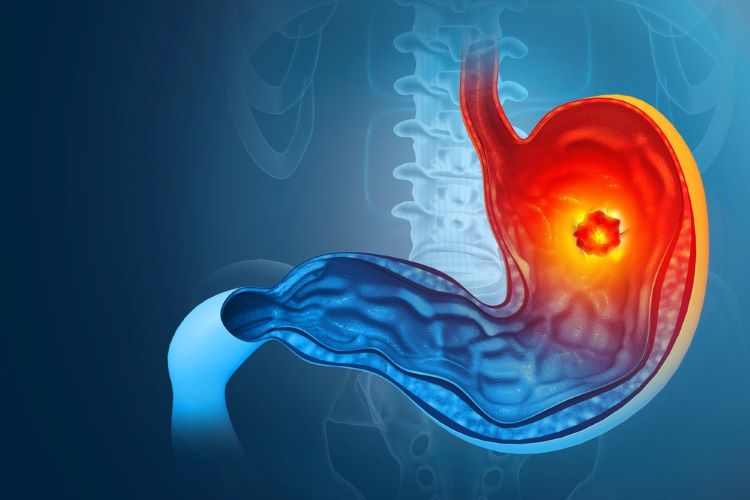New Amgen data highlights promise in gastric cancer
Posted: 8 July 2025 | Catherine Eckford (European Pharmaceutical Review) | No comments yet
The top-line Phase III findings illustrate potential of the monoclonal antibody plus chemotherapy as a first-line gastric cancer treatment.


The first positive top-line results from Amgen’s Phase III FORTITUDE-101 clinical trial in gastric cancer have demonstrated a meaningful advance in development of an effective targeted therapy for the disease, according to Dr Jay Bradner, Executive Vice President of Research and Development at Amgen.
Gastric cancer is the fifth leading cause of cancer-related death globally, with nearly one million new cases and over 650,000 fatalities globally each year.
Dr Bradner explained that “most patients with gastric cancer are diagnosed at an advanced stage, with poor prognosis, low survival rates and limited therapeutic options”, highlighting the critical unmet medical need in addressing the disease.
Key outcomes from Amgen’s pre-specified interim analysis for treatment of gastric cancer
Positively, in the study, fibroblast growth factor receptor 2b (FGFR2b)-targeted monoclonal antibody bemarituzumab plus chemotherapy provided a statistically significant and clinically meaningful improvement in overall survival in unresectable locally advanced or metastatic gastric or gastroesophageal junction (G/GEJ) cancer. The 547 participants enrolled in the trial have overexpression of FGFR2b and are non-HER2 positive.
[The results] have demonstrated a meaningful advance in development of an effective targeted therapy for [gastric cancer]”
The Phase III clinical trial involves comparing participants given placebo plus mFOLFOX6 chemotherapy.
Investigators are evaluating the treatment combination as a first-line therapy in advanced G/GEJ cancer with FGFR2b overexpression.
While the primary outcome measure of the clinical trial is overall survival, key secondary outcome measures include progression-free survival and overall response rate.
This Phase III study included more comprehensive ocular-related monitoring than previous studies of the biologic bemarituzumab, according to Amgen.
Following their announcement of this top-line data, Amgen plans to share detailed results from the FORTITUDE-101 Phase III study at a future medical meeting.
Zai Lab holds co-development and commercialisation rights for the monoclonal antibody bemarituzumab in the following regions: mainland China, Hong Kong, Macau, and Taiwan.
Related topics
Big Pharma, Biologics, Biopharmaceuticals, Clinical Development, Clinical Trials, Data Analysis, Drug Development, Industry Insight, Research & Development (R&D), Therapeutics









